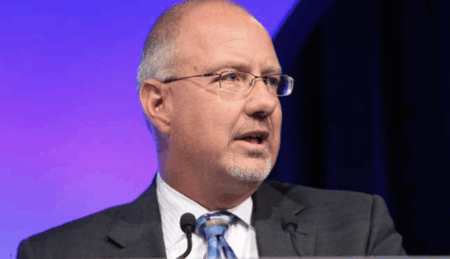The UK government has provided a detailed breakdown of its major investment in roads and transport, following last week’s Autumn Statement, which includes £3bn (US$3.7bn) worth of highways funding.
Towns and cities across the UK are set to benefit from investment on improving roads, which the government hopes will lead to quicker and safer journeys, and help to build a stronger economy by linking people with jobs, and businesses with customers. A further £100m (US$125m) will support the government’s plans to develop and test connected and driverless vehicle technology. An additional £290m (US$363m) investment will support low emission vehicles, underlining the government’s commitment to reduce transport carbon emissions, and is a major step toward its goal of nearly all cars and vans being zero emission by 2050.
UK Transport Secretary Chris Grayling outlined details of more than £1.3bn (US$1.6bn) of road improvements, including:
£925m (US$1.1bn) to tackle congestion and provide upgrades on local roads; £175m (US$219m) to improve the 50 most dangerous roads in the country; £220m (US$275m) to Highways England to combat congestion; £27m (US$34m) for the new Cambridge to Oxford expressway; 12 local major schemes to improve journeys and help unlock economic and housing growth; £50m (US$62m) to build the Lincoln Eastern Bypass; £70m (US$87m) for 2017-2018 to allow highway authorities to fix potholes.
Announcing the funding, Grayling said, “This is a government that steps up, not back, which is why we are investing record amounts in improving our roads across the country. This investment is over and above the £23bn (US$28.8bn) we are spending to get motorists to their destinations quickly, more easily and safely. The schemes announced today are focused on relieving congestion and providing important upgrades to ensure our roads are fit for the future, removing the barriers to help make an economy that works for everyone.”
The government is committed to improving air quality and is determined to cut vehicle emissions, which will include putting new, less polluting buses on the road, as well as retrofitting engines to reduce nitrogen oxide (NOx) emissions. The new £290m (US$363m) funding will be invested in a number of projects, including:
£150m (US$188m) for cleaner buses and taxis, which will provide better journeys and help tackle air quality challenges in towns and cities; £80m (US$100m) to improve electric vehicle charging infrastructure; £20m (US$25m) for an Advanced Renewable Fuel Demonstration Competition, which will provide grant funding, matched by the private sector, to build demonstration-scale advanced renewable fuel plants in the UK that will target the decarbonization of trucks and planes.
Grayling noted, “We are absolutely determined to reduce carbon emissions from transport as part of our ongoing commitment to tackle climate change. This government is committed to improving air quality and reducing pollution in towns and cities, which is essential for people’s health and the environment. We are already making headway through our investment in low emission vehicles, greener public transport, and walking and cycling, as well as grants for innovative advanced biofuels projects.”




